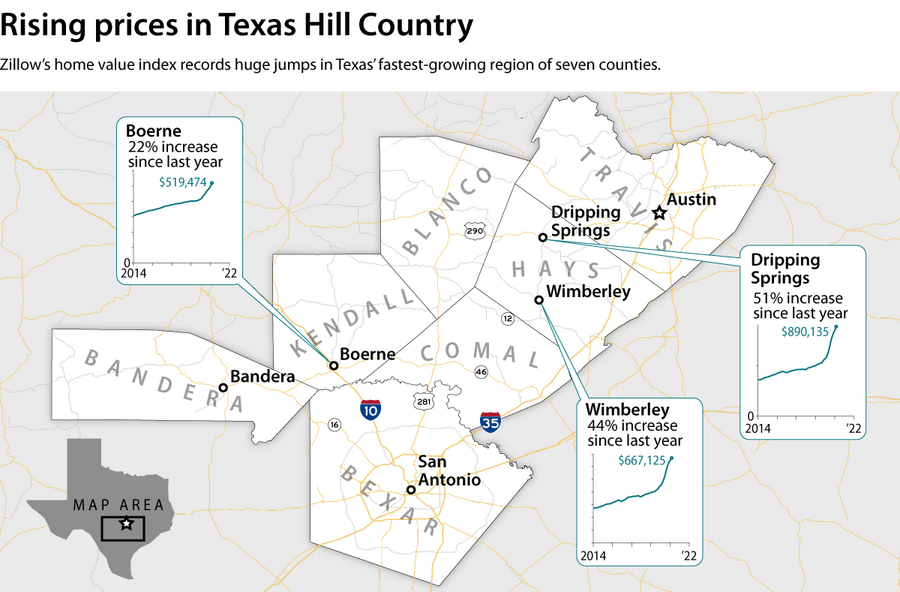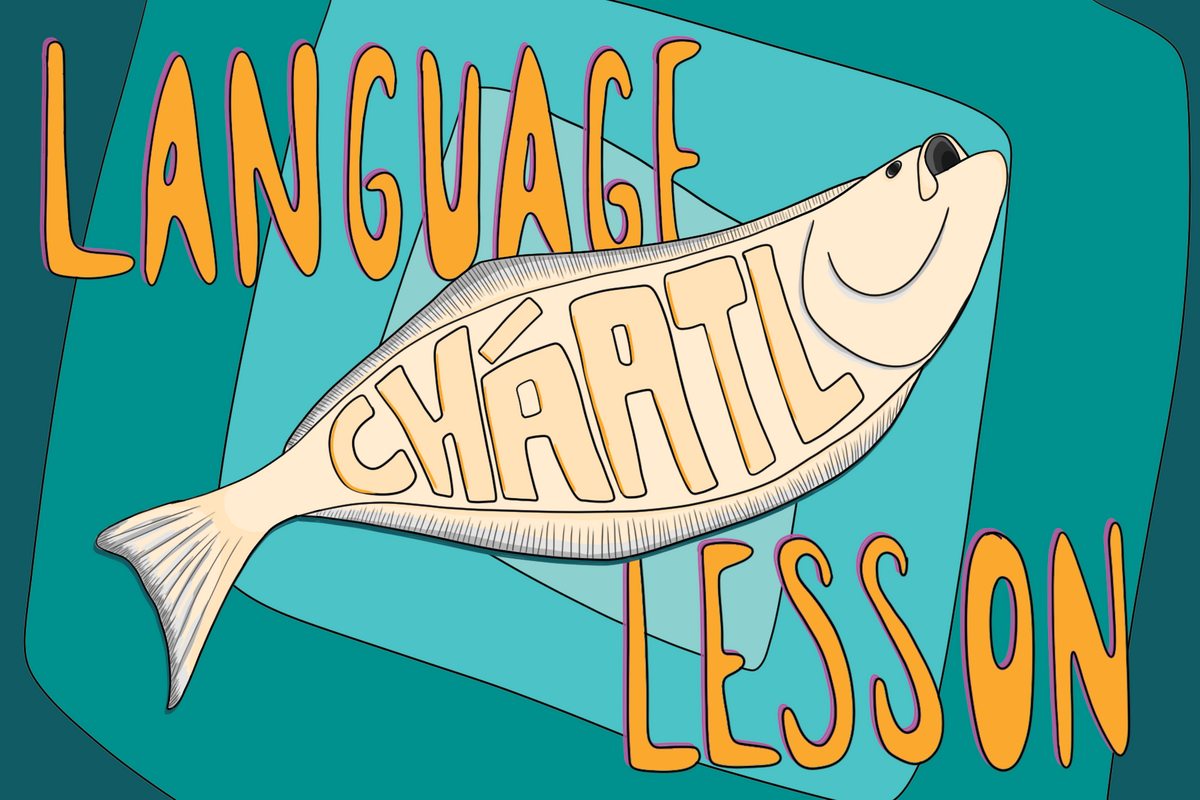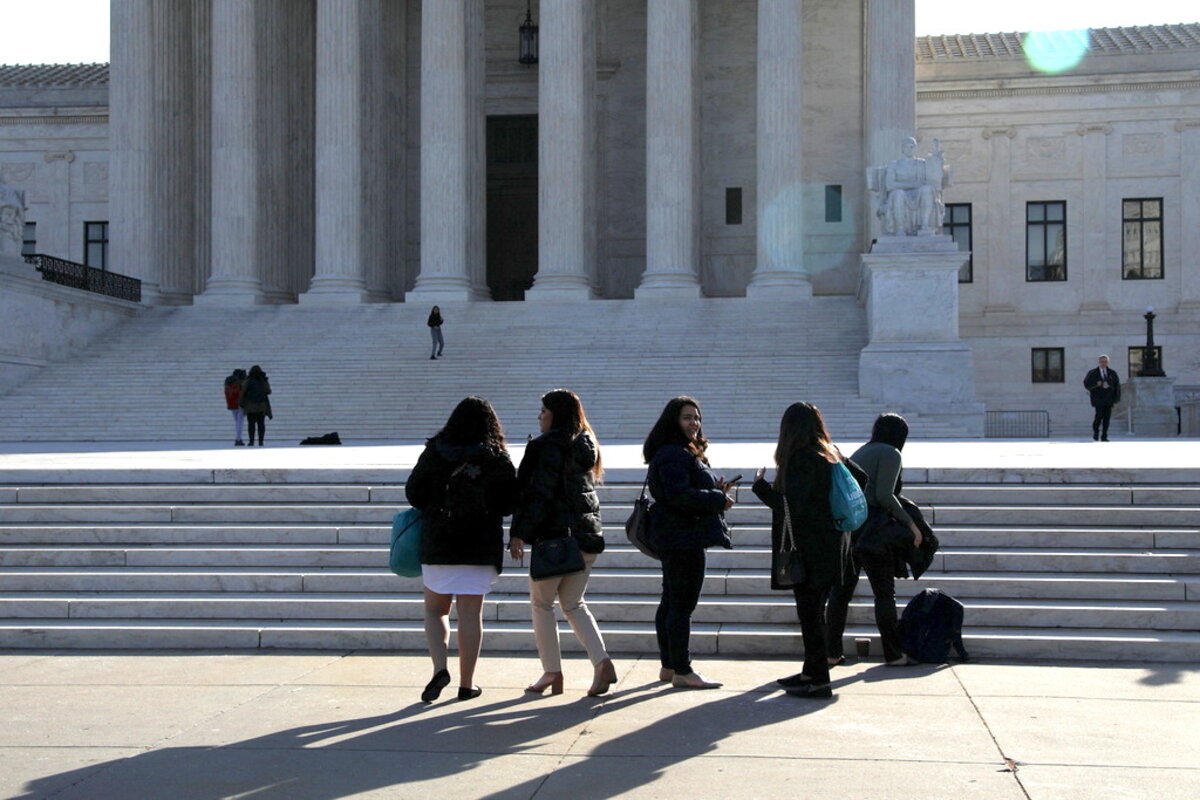Widespread international sympathy for Ukrainians has sparked a sudden and heartfelt campaign to help them, bucking a trend toward nationalism and culture wars.
Monitor Daily Podcast
- Follow us:
- Apple Podcasts
- Spotify
- RSS Feed
- Download
 Linda Feldmann
Linda Feldmann
It was, by far, the loudest noise I’d ever heard come out of my 2008 Toyota Prius. So loud, I immediately pulled back into the driveway and called the dealership. “Your catalytic converter has been stolen,” they said.
Thus was launched a two-week odyssey involving insurance, police, repair shop, going carless, and a lot of research. The catalytic converter, I quickly learned, is the antipollution device on an exhaust system. And it contains precious metals – platinum, palladium, and rhodium – the value of which has soared in recent years. As a result, thefts are way up nationwide, and not just in cities.
Thieves can make good money stealing “cats” and selling them to scrap dealers. “They use a battery-powered saw,” Tommy the insurance adjuster said. “It takes 30 seconds.” And, it turns out, my vintage of Prius is targeted, as this article explains.
The repair isn’t cheap and using my insurance would delay the process. Realistically, I’d be without my car for two weeks. That led to the next decision: whether to rent a car. I hesitated ... I love to drive. But it was an easy call. I live in Washington, D.C., and can get anywhere by foot, bus, Metro, Lyft, or hitching rides. Just no trips to Costco.
The two weeks flew by. I missed my baby, but I got back into the habit of using public transportation, after a two-year pandemic break. And combining my daily walk with grocery shopping was marvelously efficient. When my car was ready, I even waited a day to pick it up.
Now it’s home, parked out front under a street lamp. A special shield covers the new catalytic converter. Of course, I could put the Prius in my garage, but, well, that’s full of stuff. One thing at a time.











